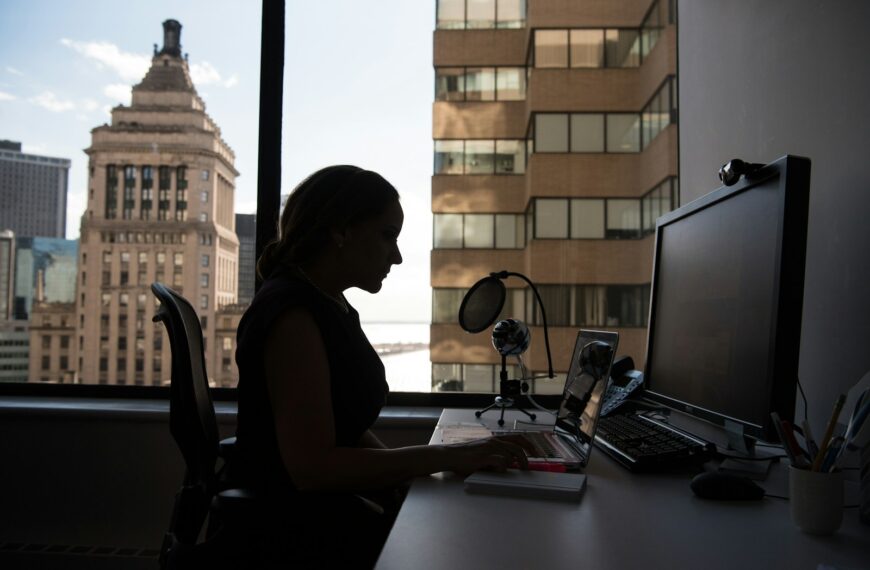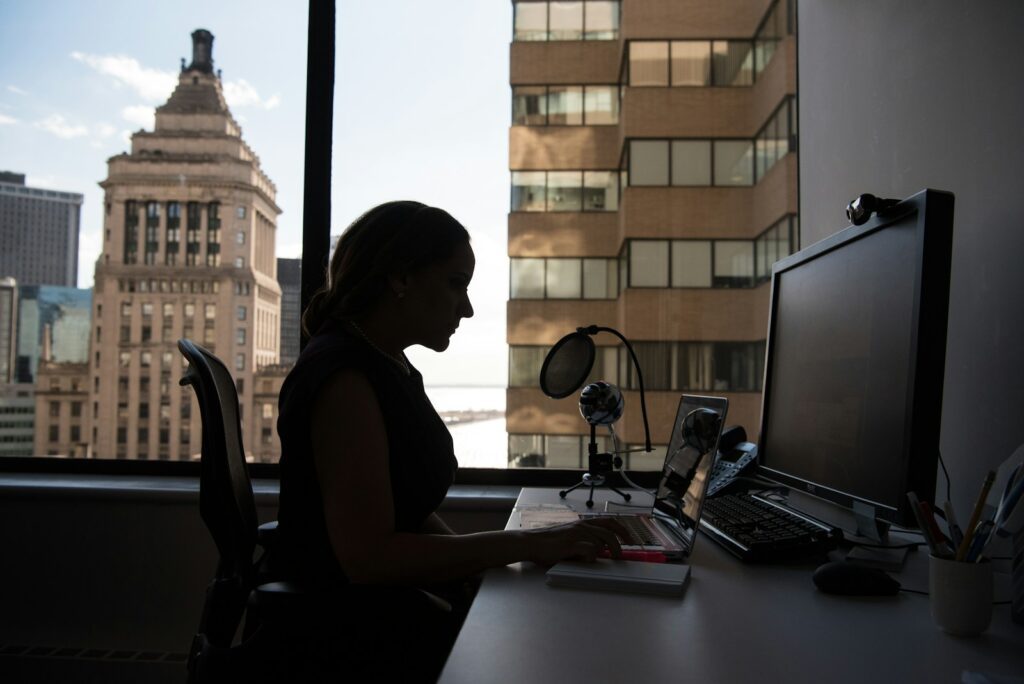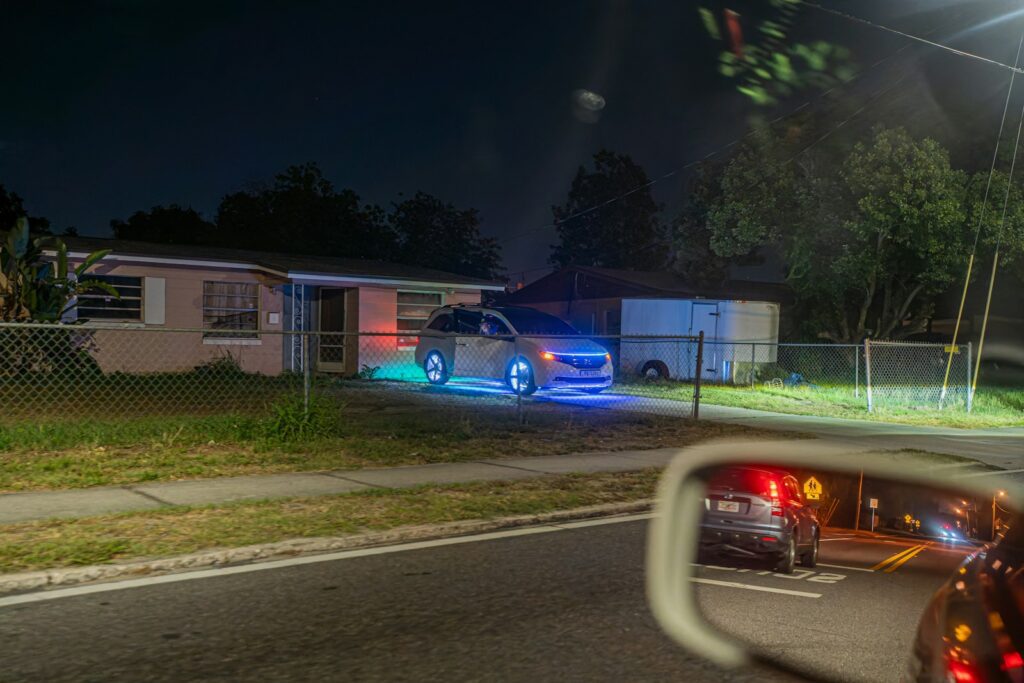I’ve always thought decluttering was just about making my home look nicer and feeling more organized. But I recently learned that some common decluttering tricks can actually lead to unexpected fines or costs if you’re not careful. It made me realize that not all hacks out there are as harmless as they seem.
Understanding which decluttering shortcuts might backfire can save you money and frustration down the road. It’s important to be aware of the risks so you can clear your space safely without running into trouble.

Illegal dumping of bulky items in public spaces
I once thought getting rid of old furniture by leaving it on the curb was harmless. However, I quickly learned that dumping bulky items in public areas can lead to hefty fines.
Many cities have strict rules against this because it creates hazards and costs taxpayers for cleanup. Instead, I now use official disposal sites or arrange for special pickups.
It’s worth taking a little extra time to avoid penalties and keep the community clean. Following local guidelines helps me declutter responsibly without risking fines.
Improper disposal of electronics violating e-waste laws
I used to think tossing old electronics in the trash was harmless. But I learned that improper disposal can break e-waste laws, leading to fines. Many places have rules to keep hazardous materials out of landfills.
For example, throwing away lithium-ion batteries carelessly can cause fire hazards. It’s not just risky—it’s illegal in some areas. I now make sure to recycle electronics at approved centers to avoid those fines and help the environment. You can find tips on proper disposal to stay safe and legal here.
Failing to obtain permits for garage sales
When I first started hosting garage sales, I didn’t realize some areas require permits. Skipping this step seemed like an easy way to save time.
However, I learned that many towns or cities have rules about how many sales you can hold or where you can set up.
Without a permit, I risked getting fined or even having to stop the sale early. It’s worth checking local regulations before planning a sale to avoid surprises and fines.
Getting a permit might seem like extra hassle, but it keeps things legal and stress-free when selling your stuff. For helpful tips on garage sale rules, check out this guide on garage sale hacks.
Burning household waste in restricted areas
I used to think burning clutter in my backyard was an easy way to get rid of it. But many places have laws against burning household waste, especially in residential areas. Ignoring these rules can lead to fines or even more serious trouble.
It’s important to check local regulations before lighting any fires. Sometimes, what seems like a quick fix could cost you money. Instead, consider safer methods like recycling or donating items. This way, you avoid risks and keep your space clear without penalties.
For more on decluttering wisely, check out decluttering hacks that actually work.
Discarding hazardous materials like paint or batteries in regular trash
I used to think tossing old paint cans or batteries in the regular trash was no big deal. But these items can be hazardous and are often regulated by law. When disposed of improperly, they can lead to hefty fines.
I learned that many communities offer special collection programs for hazardous waste. It’s safer for the environment and helps me avoid any legal trouble. Checking local guidelines before tossing these items saves time and money. For easy tips, you can find helpful decluttering strategies that include proper disposal at decluttering hacks that actually work.
Dumping construction debris in unauthorized zones
I’ve seen how tempting it is to get rid of construction debris quickly by dumping it in nearby vacant lots or streets. But this practice can lead to serious fines. Cities often have strict rules about where and how you can dispose of these materials.
When you dump debris without permission, you risk penalties that could cost more than proper disposal. Plus, it harms the environment and neighborhood safety. Instead, I recommend using authorized dumpsters or waste facilities. Some creative dumpster hacks might help you manage debris responsibly without breaking local laws. For more on managing construction waste, you can check out dumpster hacks for better space use.
Ignoring local recycling regulations leading to fines
When I first started decluttering, I didn’t pay much attention to local recycling rules. I quickly learned that putting the wrong items in recycling bins can lead to fines. It’s important to know what your community accepts and how to sort waste properly.
Some places have strict guidelines for recycling certain plastics, electronics, or hazardous materials. Ignoring these can cost you money and create more hassle than just taking a little extra time to follow the rules. I found checking local resources helped me avoid mistakes and keep my decluttering efforts both effective and responsible.
For easy tips on navigating these rules, resources like decluttering hacks for an organized home can be helpful.
Leaving clutter that blocks public sidewalks or fire exits
I’ve learned that leaving clutter on public sidewalks can lead to fines. It’s not just about tidiness; it creates hazards for pedestrians. Blocking fire exits is even more serious and can result in bigger penalties.
Keeping these areas clear is important for safety and to avoid trouble. Sometimes I’ve had to quickly move stuff to make sure pathways stay open. It’s a simple habit but can save you money and stress.
If you need ideas on managing clutter better, you can check out some quick decluttering hacks that help keep spaces clear without much effort.
Using banned containers for storage that violate safety codes
I’ve learned the hard way that using containers banned for storage can lead to fines. Some bins or jars may look perfect for organizing, but they don’t meet safety standards.
For example, using old chemical containers or uncertified plastic bins can be against local codes. These items might leak or release harmful substances over time.
I always check if containers are approved for the items I’m storing. It keeps my space safe and helps me avoid costly penalties. For tips on smart storage solutions, I found helpful advice in this guide on decluttering hacks.














